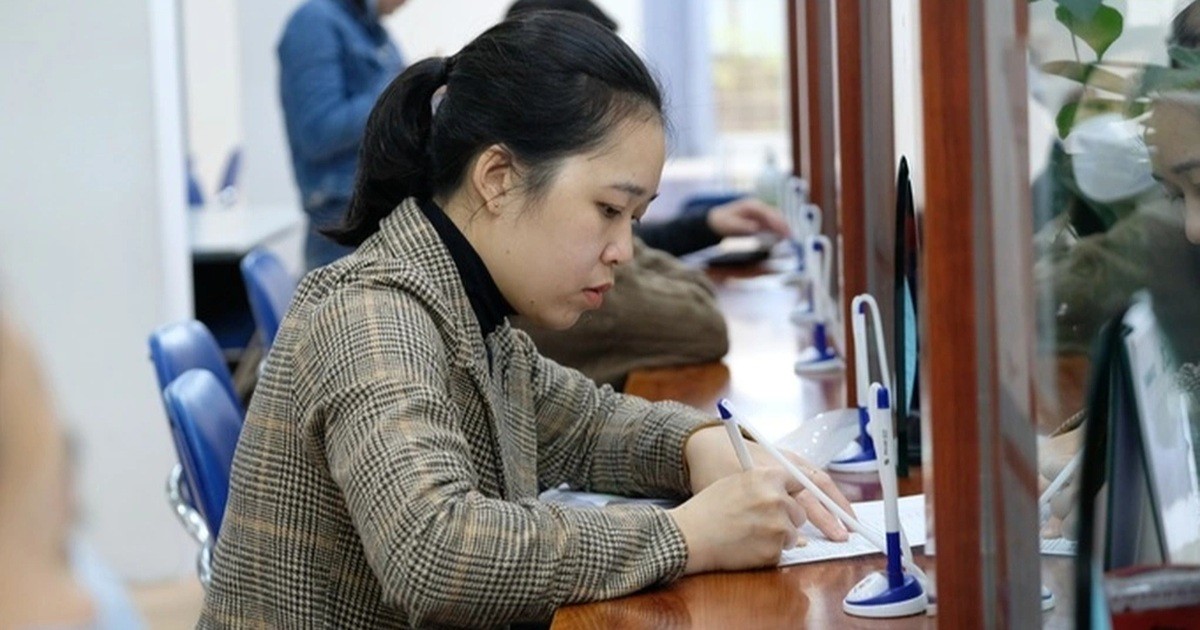
The Ministry of Home Affairs has just completed a submission to the Government on the draft Law on Public Employees (amended), which includes proposed contents related to innovation in the recruitment, use and management of public employees. The notable new policy is the group of regulations on the rights and obligations of public employees in public service units.
Expanding the rights of civil servants
Regarding this content, the Ministry of Home Affairs proposes that civil servants enjoy the following rights:
- Signed a contract to perform professional activities at public service units other than the public service unit currently working.
- Participate in contributing capital, establishing, managing, operating, and working at enterprises established by the public service unit for which one is working; participate in establishing to commercialize research results, effectively exploit intellectual property, inventions, and digital technology created by that organization.
- Being assigned to work at scientific and technological organizations, universities , enterprises and other organizations for a certain period of time.
- Contribute capital, establish, participate in management, operation or participate in technology development at domestic and foreign enterprises.
- Consideration for exclusion, exemption, or reduction of responsibility in cases such as complying with illegal decisions of superiors but having reported them; having complied with regulations, not for personal gain but causing damage due to objective reasons; implementing innovative and creative proposals permitted by competent authorities and determined to have pure motives, for the common good; due to force majeure.
Manage by job position, pay by results
The Ministry of Home Affairs proposes to continue promoting the implementation of civil servant management and salary payment according to job position linked to output results.
Accordingly, the Ministry clearly stipulates that recruitment, management, evaluation, arrangement and use of civil servants must be based on the requirements of the job position and the capacity, results and effectiveness of the civil servant's performance, aiming to eliminate the regulation on salary classification associated with the consideration of promotion of civil servant's professional title.
At the same time, expand regulations on contract signing and acceptance to facilitate the transition from the private sector to the public sector and vice versa according to job requirements and actual capacity in a "competitive", open, transparent and equal environment.
Innovation in civil servant recruitment
According to the Ministry of Home Affairs, in order to build a team management mechanism based on clear distinction between essential public service provision and non-essential public service provision, it is necessary to innovate recruitment work.
The Law on Civil Servants (amended) aims to diversify recruitment methods by adding, in addition to the traditional examination and selection methods, the form of signing direct contracts to become civil servants for experts, scientists, and talented people suitable for the field of operation of public service units.
The above mentioned diversification of recruitment methods creates favorable conditions for public service units to be proactive in recruiting civil servants, moving towards a professional and modern management model.
The Law on Civil Servants (amended) stipulates recruitment methods for units providing essential public services; for public service units not providing essential public services, recruitment will be carried out in the direction of signing contracts.
In addition, the Law on Civil Servants (amended) stipulates specific conditions for registration in the case of Vietnamese citizens living abroad or foreign citizens living in Vietnam, implemented according to the decision of the competent authority; stipulates priority in selecting talented people, people with meritorious services to the country, and ethnic minorities; applies science and technology in the recruitment process; integrates with unified civil servant management data in each industry and field; changes in the probationary regime (people who are selected as civil servants must undergo probationary regime, except in cases where they have had at least 12 months or more of professional experience appropriate to the requirements of the recruited job position).
New direction in civil servant evaluation
The Ministry of Home Affairs stated that the evaluation of civil servants must ensure democracy, publicity, transparency, objectivity, consistency, continuity, and multidimensionality. The evaluation content must be quantified based on criteria associated with the results and products of each job position; the ability to innovate and adapt to practical requirements in order to contribute to the common goals of the unit.
The Ministry proposes to apply science, technology, and digital transformation in monitoring, evaluating, and classifying the quality of civil servants, ensuring the flexibility and initiative of public service units in developing processes, prescribing criteria, and implementing assessments in accordance with the nature of operations and organizational model of the unit; linked to salary, bonus, and other policies and regulations.
The head of the agency or unit employing civil servants is responsible for evaluating or decentralizing the authority to evaluate; is assigned the right to review and decide on screening civil servants who do not meet the requirements of the job position.
The competent specialized management ministry shall develop a set of tools and a model of assessment regulations; public service units shall develop assessment regulations applicable to their units, as a legal basis for conducting assessment, quality classification and implementing policies and regimes.
In addition, the Ministry of Home Affairs also proposed to add some regulations such as the right of civil servants to unilaterally terminate their employment contracts according to the provisions of law; the right to sign contracts to perform professional activities at public service units other than the public service unit where they are currently working.
The draft Law also addresses the issue of building, managing, and exploiting the national database on civil servants, meeting the requirements of managing staff in the electronic environment, building e-Government, and digital transformation in the new period.
Source: https://baolaocai.vn/de-xuat-vien-chuc-duoc-gop-von-thanh-lap-va-dieu-hanh-doanh-nghiep-post879362.html







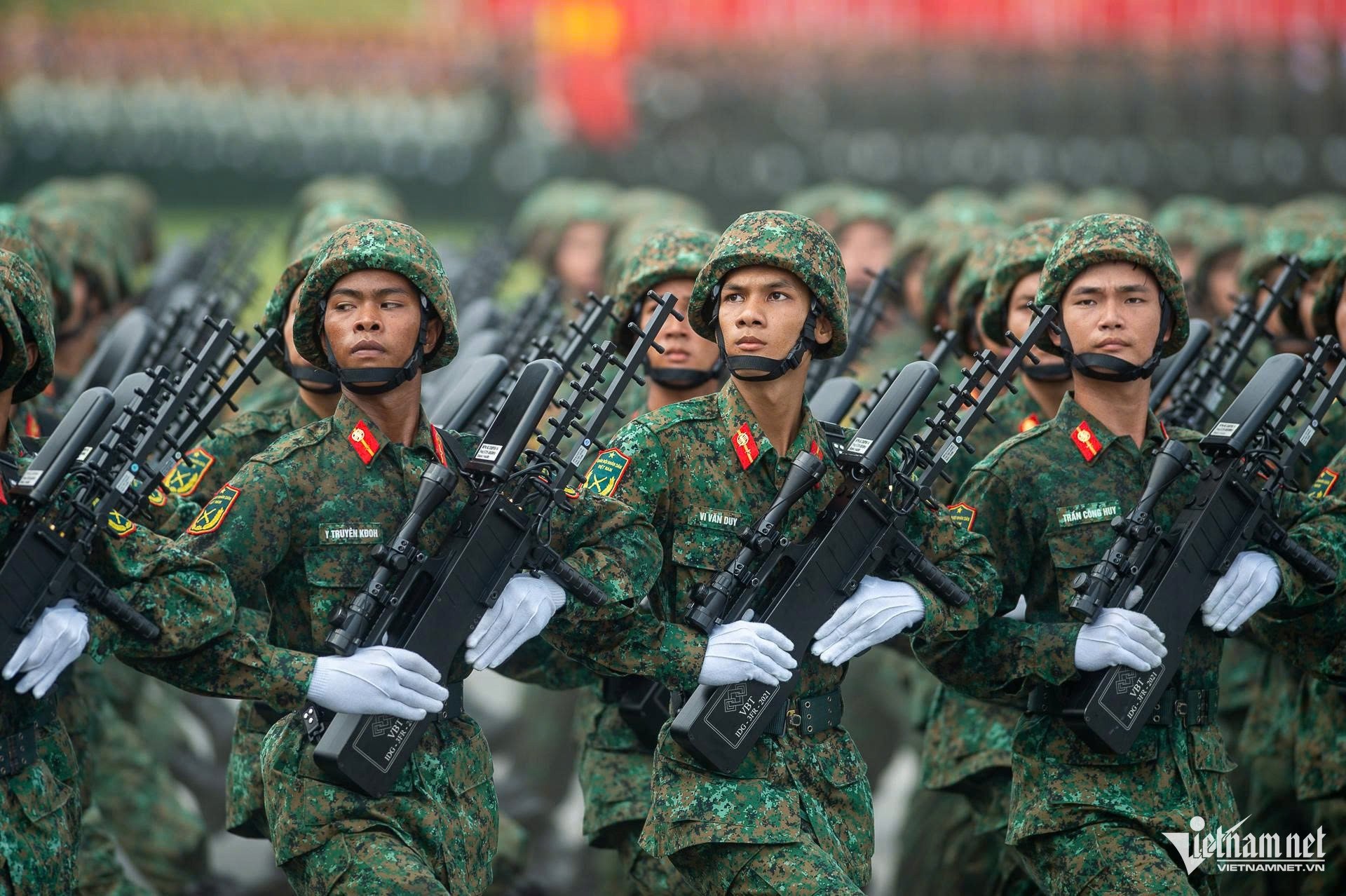

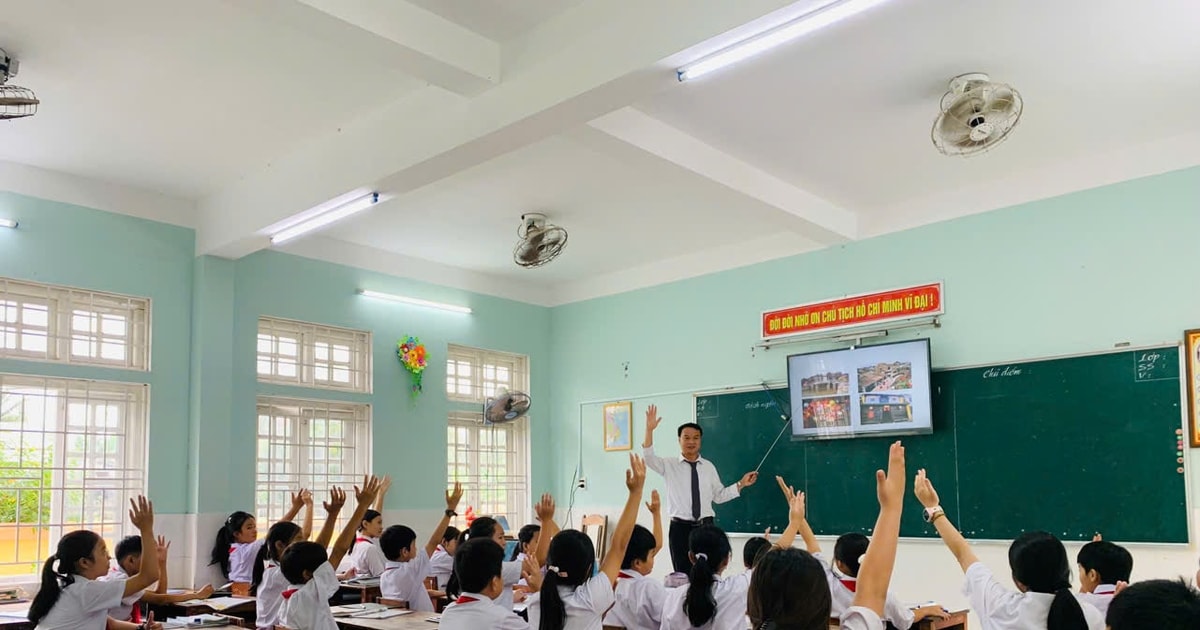

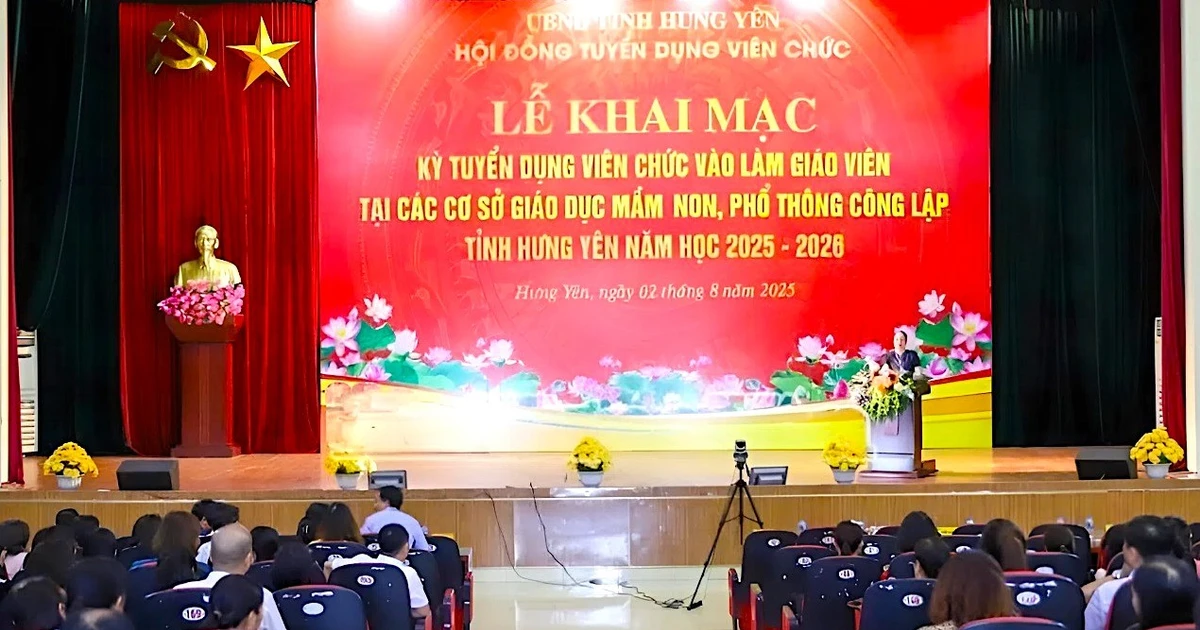





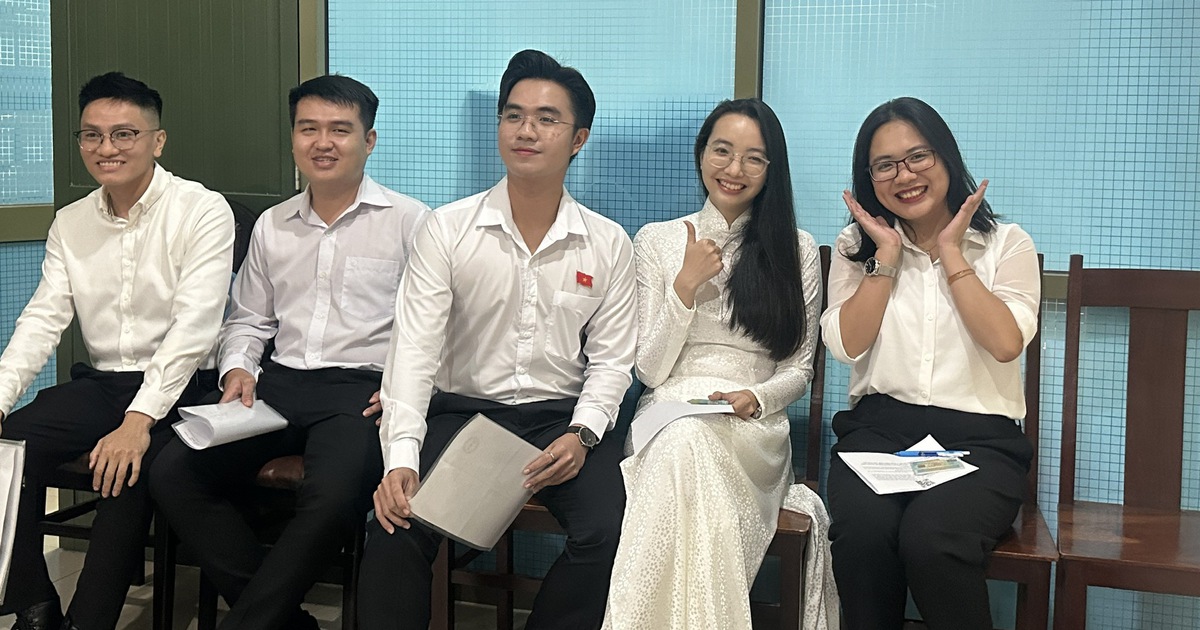

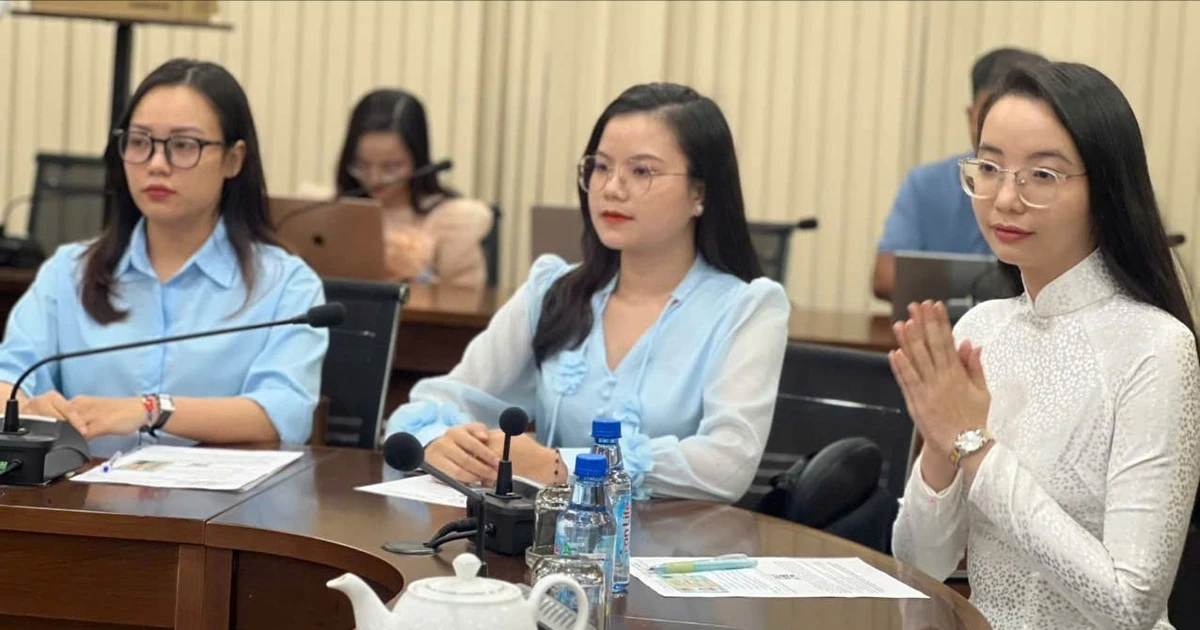



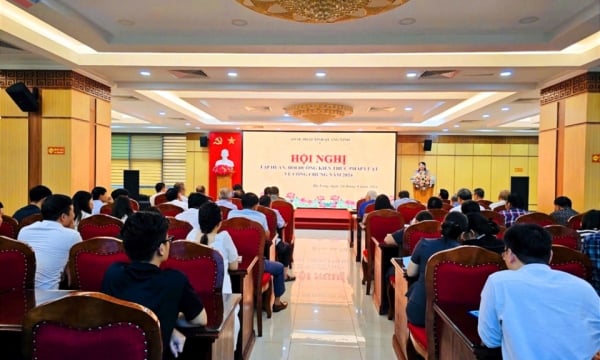

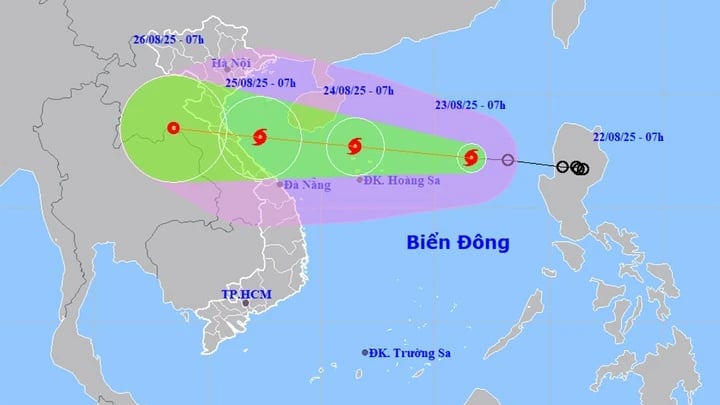

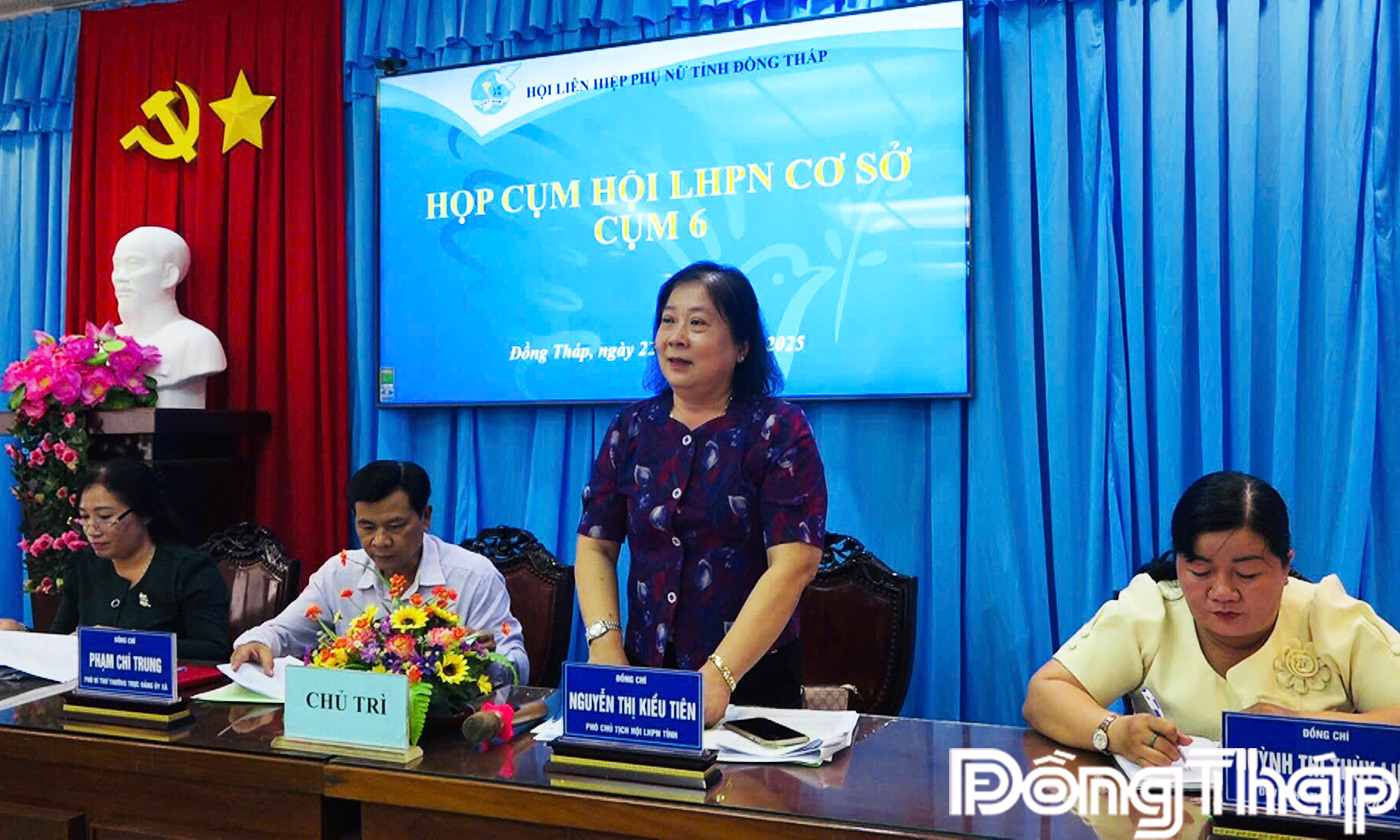

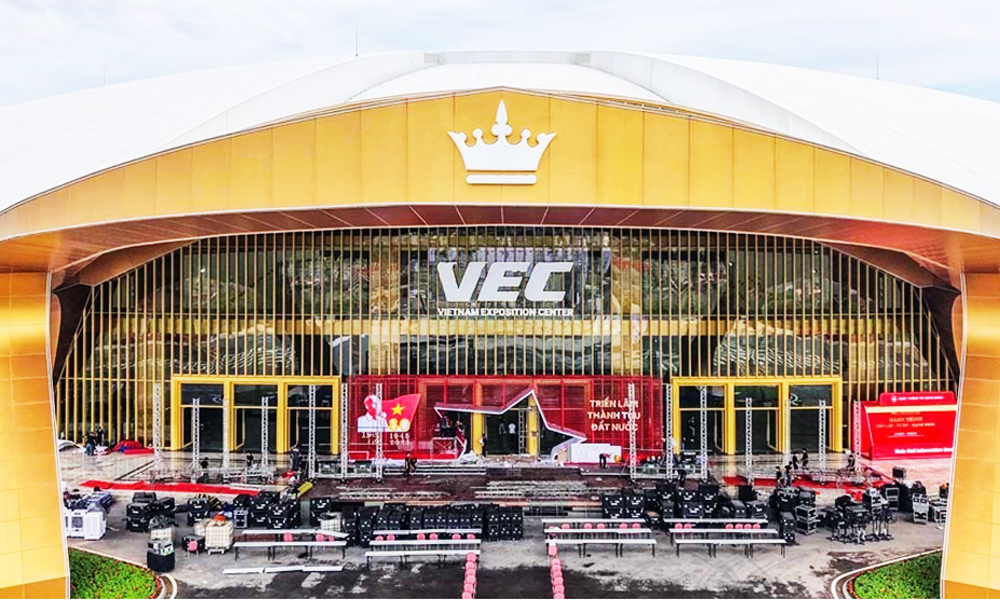



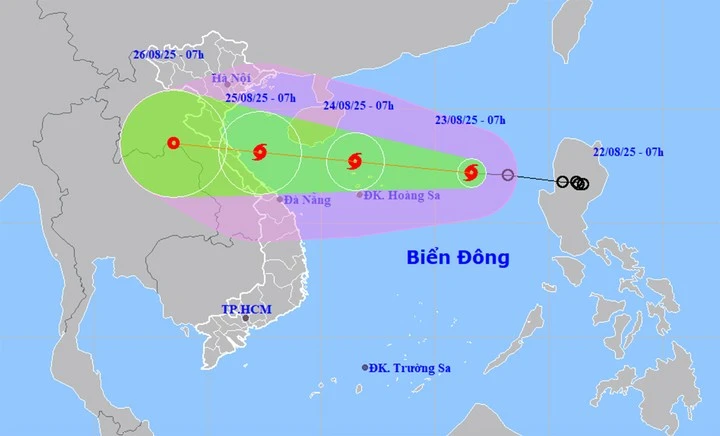
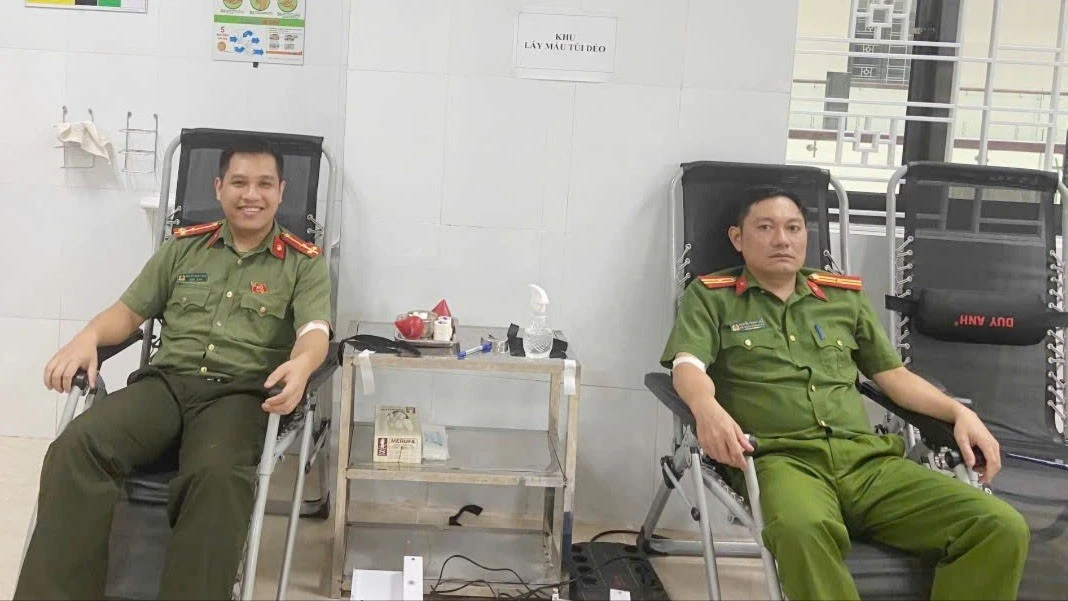
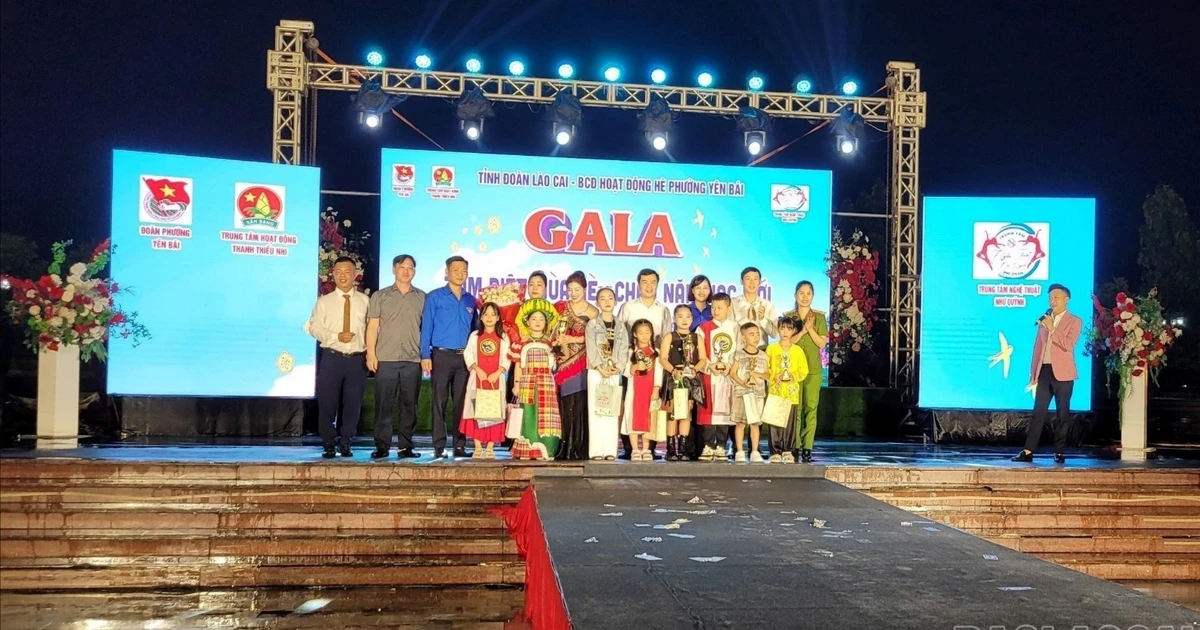


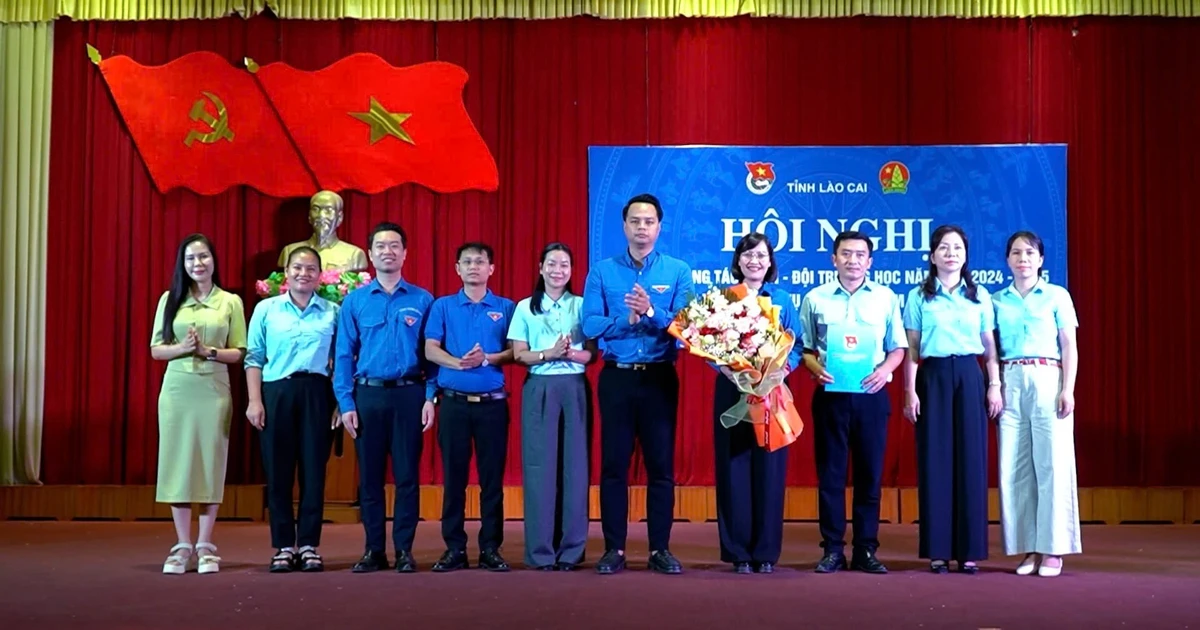

![[Photo] President Luong Cuong attends special political-artistic television show "Golden Opportunity"](https://vstatic.vietnam.vn/vietnam/resource/IMAGE/2025/8/22/44ca13c28fa7476796f9aa3618ff74c4)































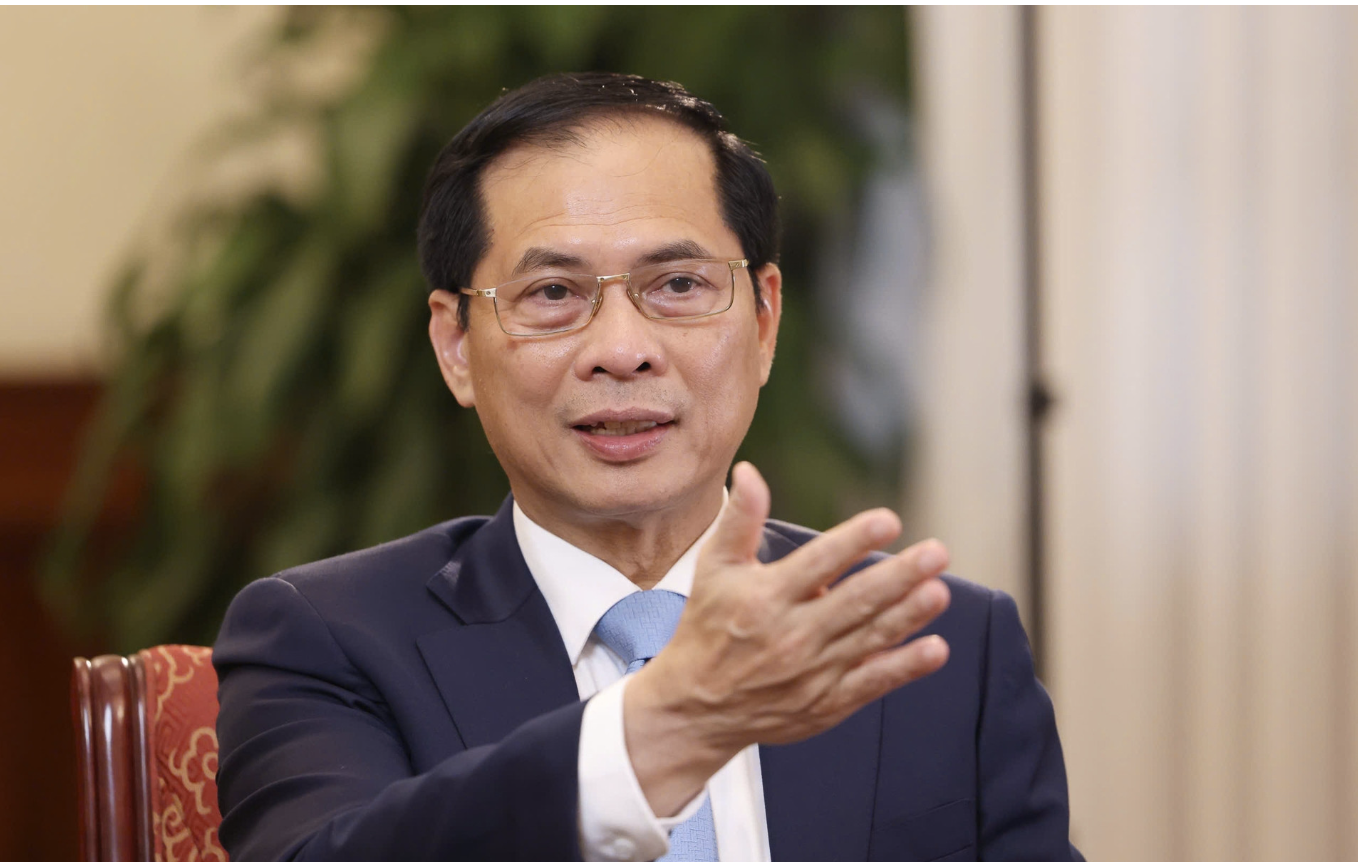

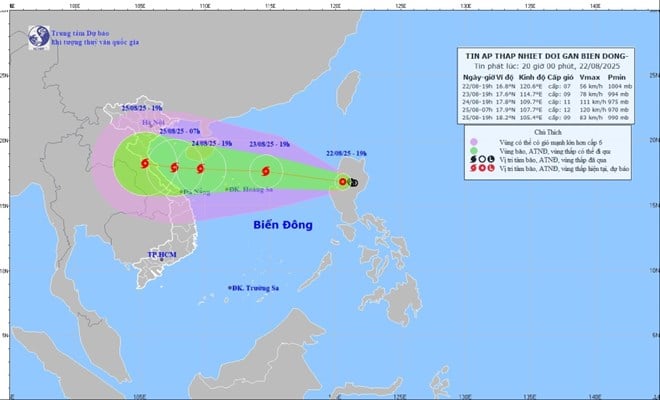

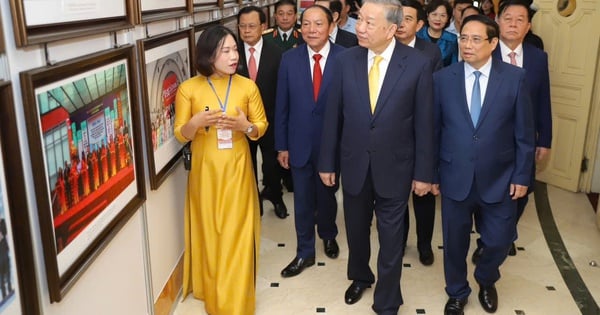


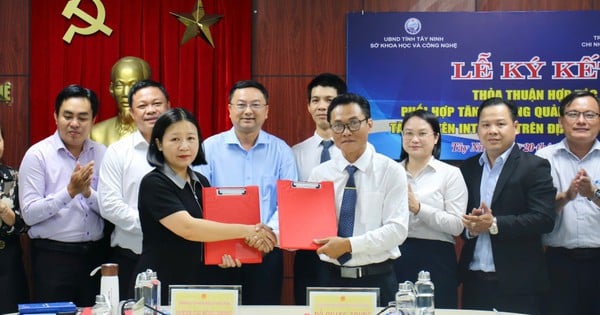


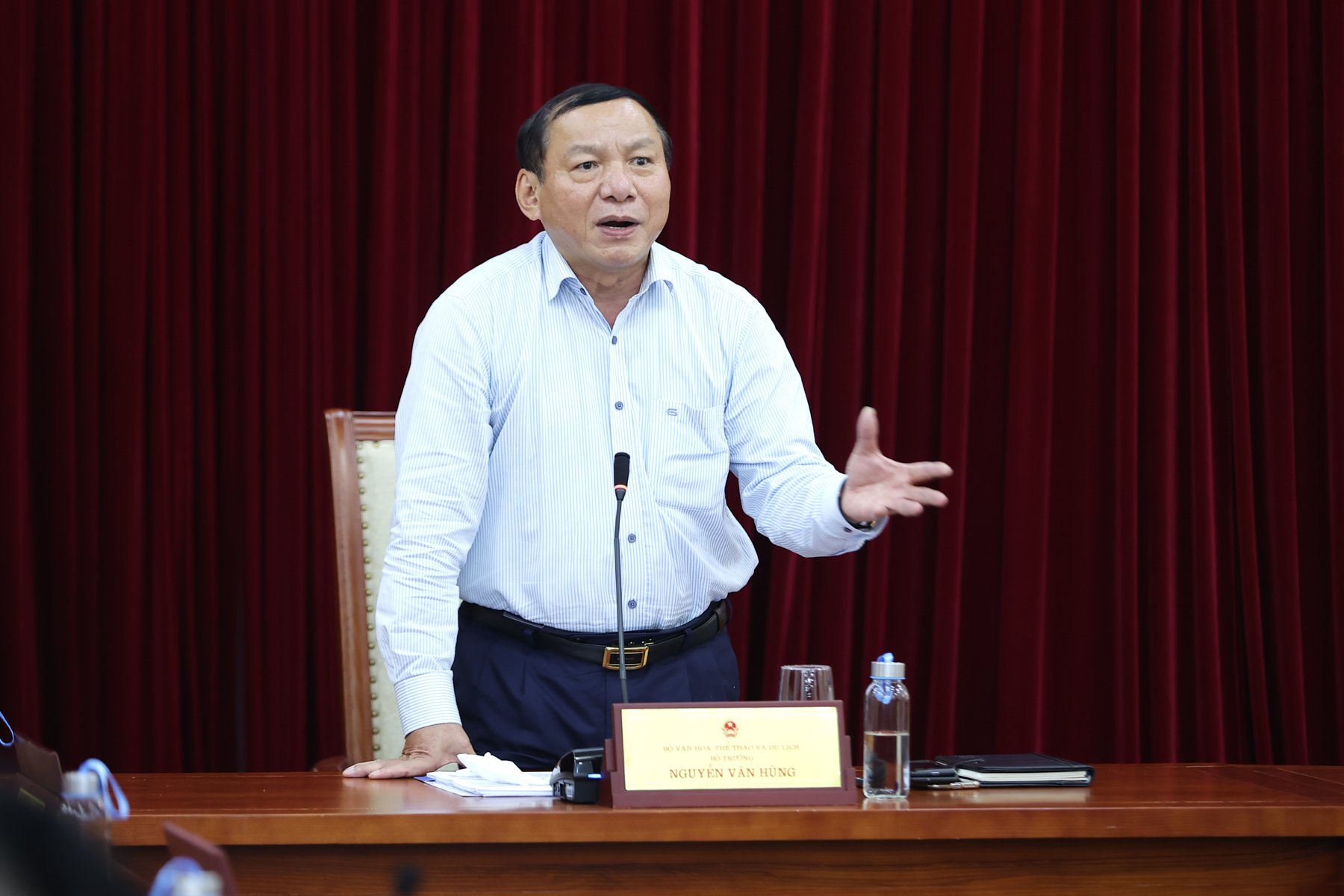
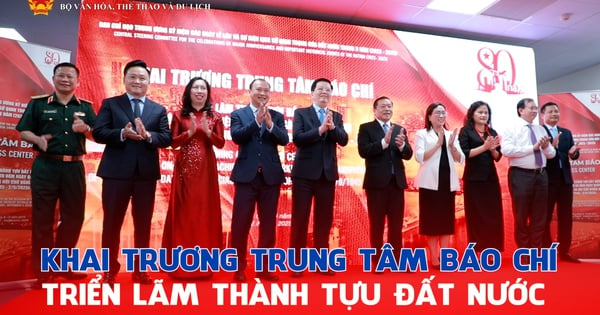


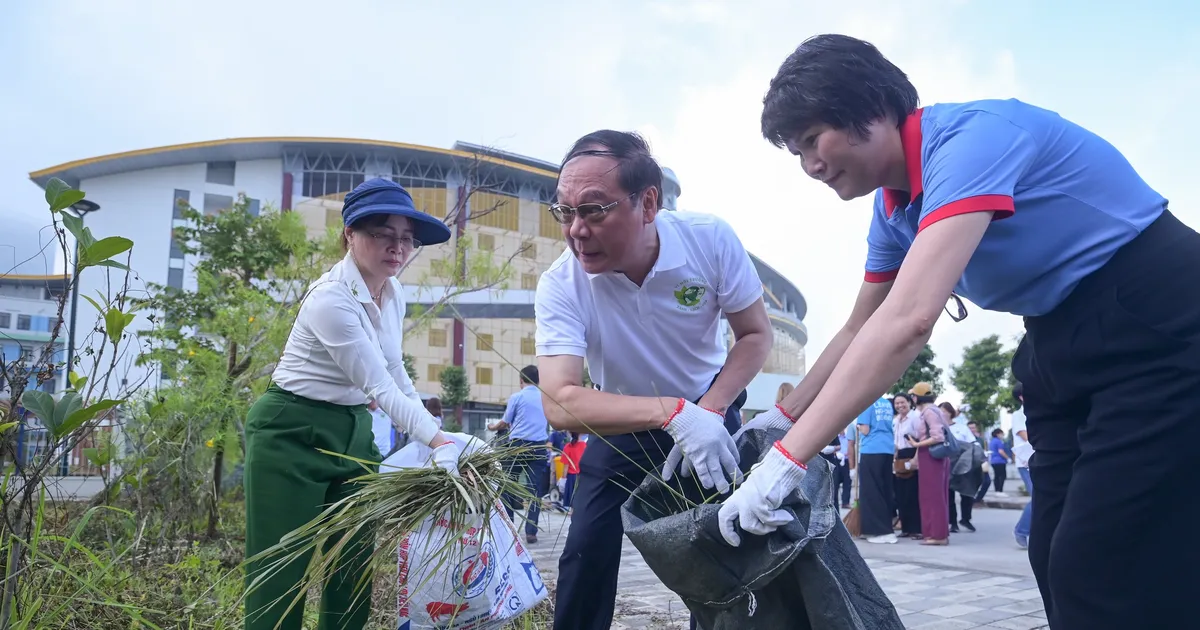
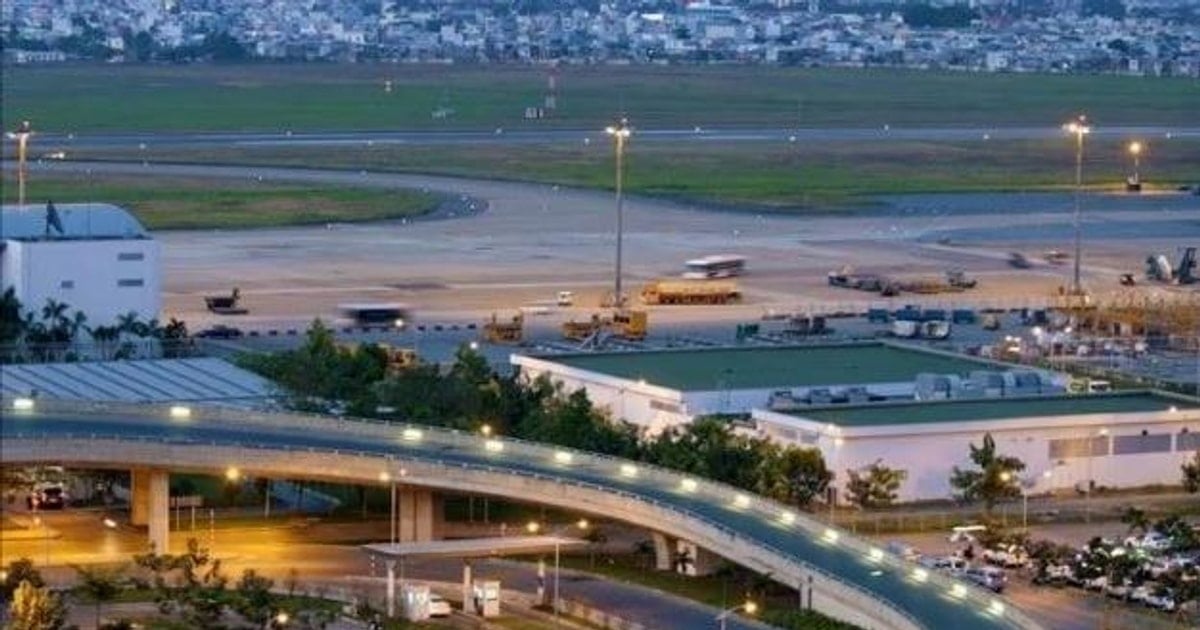

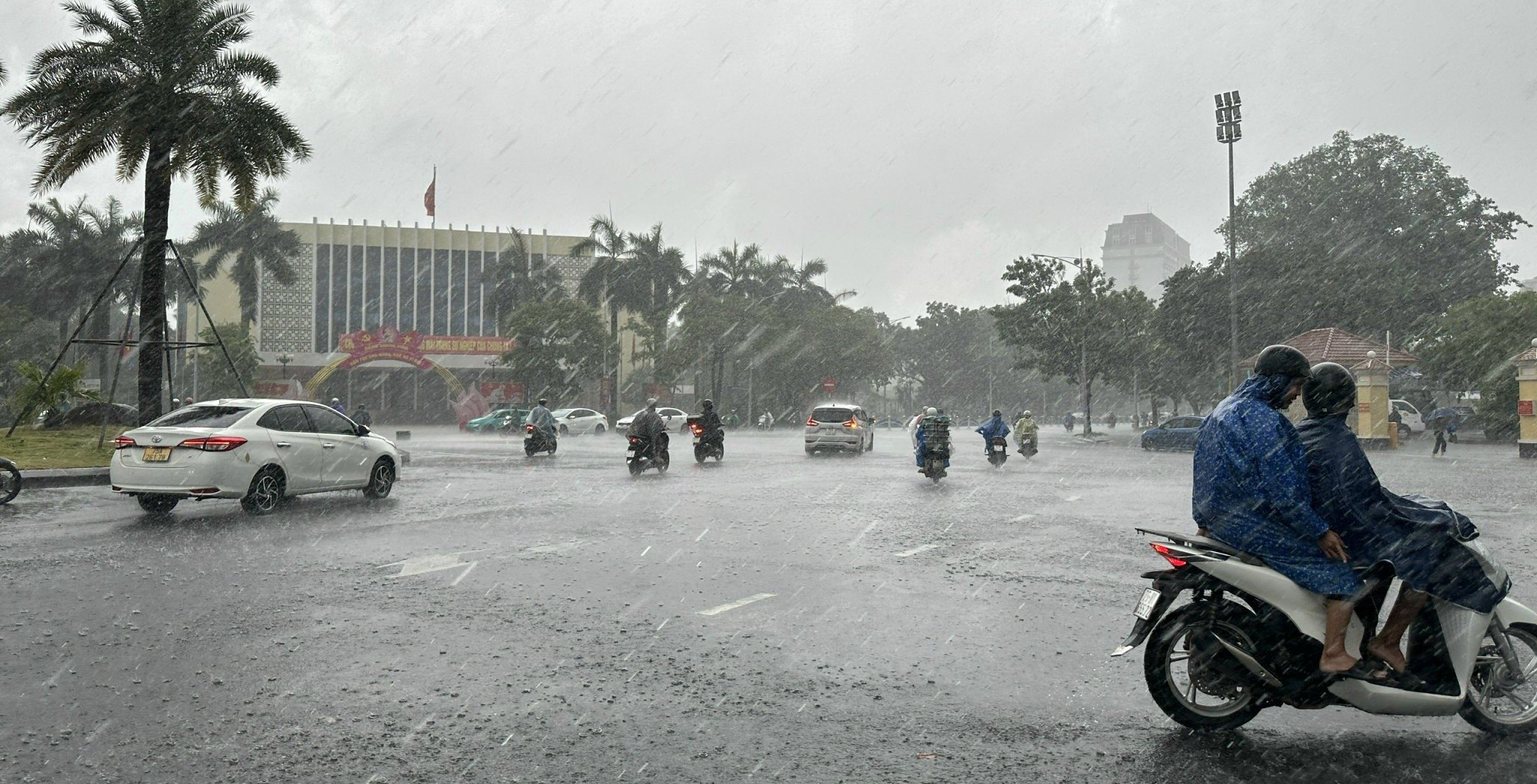





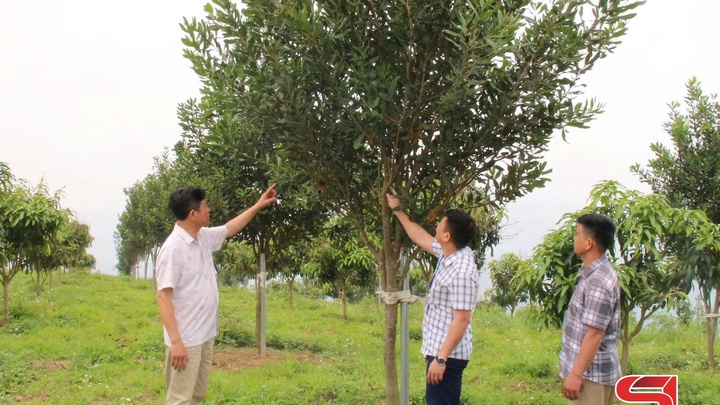

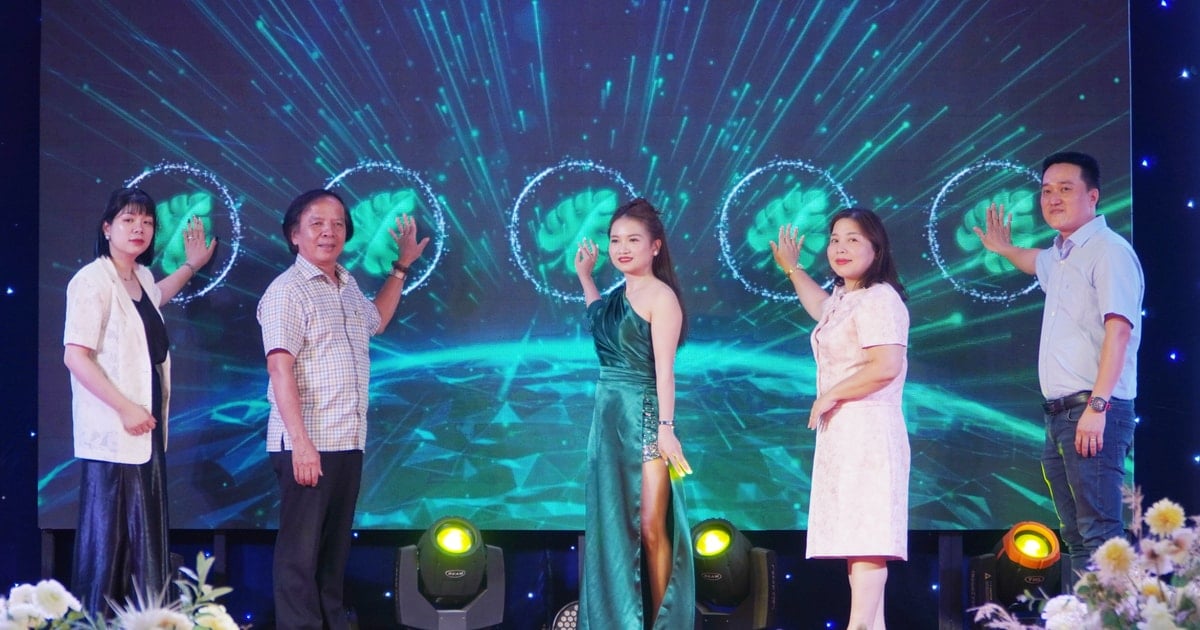










Comment (0)